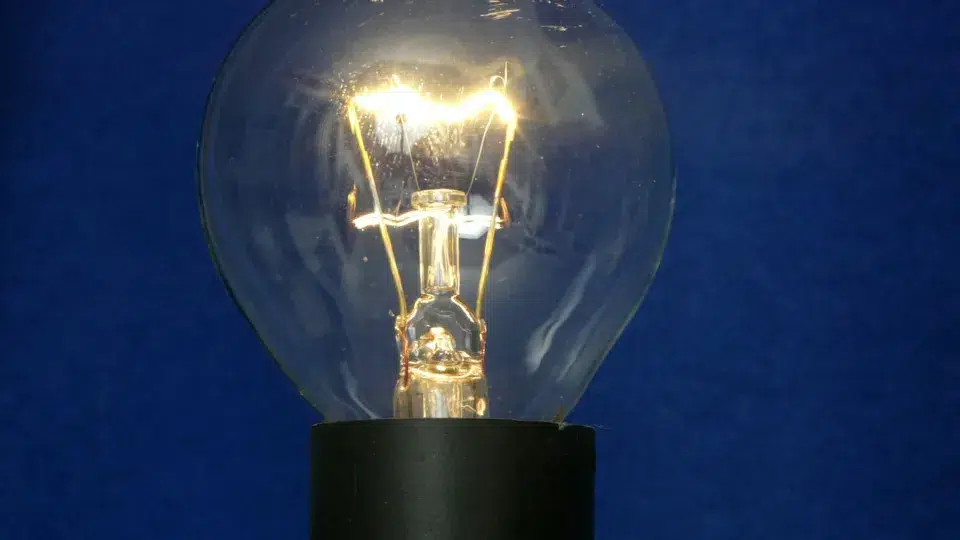
The association has revealed in a communiqué an “unacceptable distortion in comparative costs against electricity, which contradicts decarbonization goals, as gas is 100% fossil and electricity is 70% renewable,” when analyzing the regulated prices of electricity and gas bills (natural piped and bottled butane).
ZERO concludes that electricity being significantly more expensive than fossil gas in the residential sector “is an obstacle to decarbonization.”
It adds: “To encourage the widespread use of electricity as a replacement for fossil gas in Portuguese households, ZERO proposes that the VAT on all components of electricity bills for contracts up to 6.9 kVA (kilovolt-ampere) of contracted power be reduced from 23% to 6%.”
The association’s comparison considered the most common contracted powers in the domestic electricity sector (up to 6.90 kVA) and the first tier of gas consumption (70% of contracts), along with other specifics such as the social tariff.
Analyzing the data, Zero indicates that electricity costs 0.1658 Euro/kWh, more than double the cost of fossil natural gas at 0.0785 Euro/kWh, with the difference even greater for social tariff beneficiaries, where electricity costs almost three times as much. Even for bottled gas, the difference persists, with electricity costing about 1.5 times more.
In its analysis, Zero also compares the so-called kWh (kilowatt-hour) effectively used (useful kWh) by appliances (gas stoves at 50% efficiency and induction plates at 90%) to state that electricity for water heating is more expensive than gas except in the case of heat pumps.
“When we compare daily charges, the disadvantage for electricity is even more substantial: 4.1 times,” according to the communiqué, which attributes part of the distortion to the State.
The State, with support from the European Union, made significant investments in gas networks, indirectly subsidizing piped fossil gas consumption, whereas such investments do not exist for the electricity grid, and the bill, by community imperative, is burdened with the necessary maintenance and reinforcement costs, explains Zero.
The communiqué also considers the Government’s E-LAR program, which replaces gas appliances with electric ones, as “a step in the right direction to reduce greenhouse gas emissions.”
ZERO states that the E-LAR program allows for at least seven years of savings on the overall energy bill and adds that for greater program advantage, the price disparity between gas and electricity must be quickly eliminated, “an expected result if green fiscal policies reflecting climate goals are implemented.”
To make electricity more accessible, the association argues that the Energy Services Regulatory Authority (ERSE) should review the methodology for calculating regulated prices for electricity and fossil gas.
It calls on the Government and Parliament to demonstrate in next year’s State Budget that they will adopt measures to eliminate all direct and indirect subsidies for fossil gas consumption and to progressively increase the Petroleum Products Tax (ISP).
Fossil gas cannot continue to be about twice as cheap as electricity with daily charges potentially being four times lower, Zero warns.




